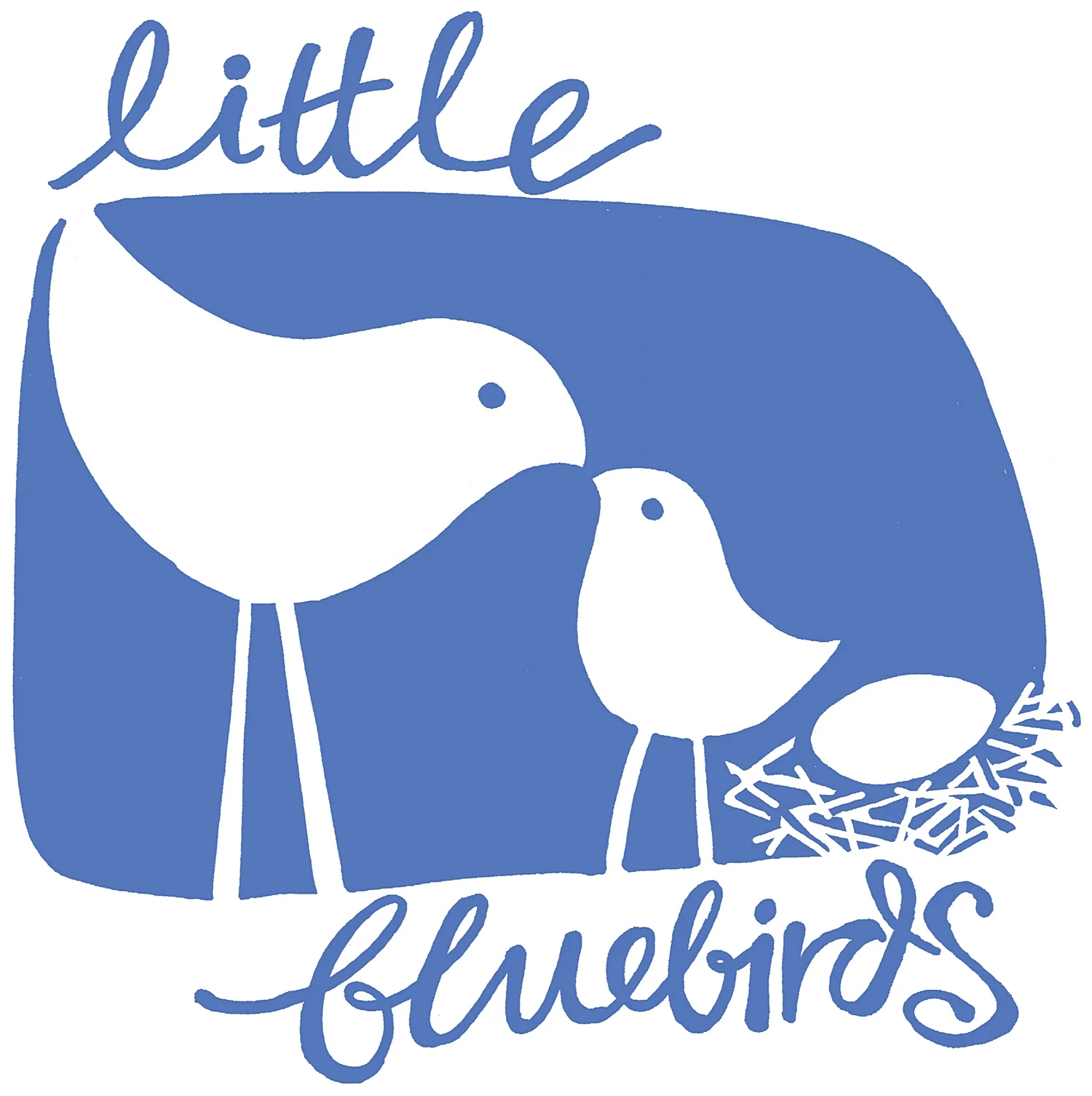Emotional Regulation
We see stuff all the time now about emotional regulation. What’s it all about?
Simply put, it means responding to an emotional experience with some level of control over how we are expressing and feeling those emotions. This is not just something that the small people in our life are learning and practicing, it’s something that all of us are trying to learn and probably practice most days of the week.
We all know what it’s like when one person's emotions have escalated - it has an immediate and dramatic affect on everyone around them. Whether that’s your gorgeous baby letting you know they are tired and cranky, listening to your coworker have a stressful phone conversation or giving your sleep-deprived, cross feelings voice as your partner walks in the door after a hair-frazzling kind of day. The managing or lack of managing the emotions involved affects everyone.
At the other end of the scale, when we regulate our emotions it also has a strong affect on those around us, it helps other people manage and regulate themselves. The way a whisper or a small song can change the volume and the mood of a room is a really good example of helping with regulation. When we respond to a loved one not with rage that things haven’t gone our way, but with an expression of our disappointment that also contains a level of ‘that’s okay’.
Here’s some Little Bluebird posts about circuit breakers, mindful moments and singing it out. These are all fabulously written and really helpful if emotional regulation is something you’re thinking about at the moment - or to keep in mind for when you need it.
Regulation is something that we develop throughout our childhood and those around us can really help with us learning about it. This is an important and special role of being a parent.
A few things: -
It’s good to feel and express your emotions. Dismissing them can make them bigger.
Parents, caregivers and teachers have a big role in creating an environment where it is safe to express emotions. Feelings are heard, dealt with and responded to calmly and carefully.
Adults also have an important role in modelling how they deal with their own emotions. How adults respond to strong emotions, distress, over stimulation, and traumatic events will heavily affect how children learn regulation.
Some helpful ways to work with big feelings can include being calm, validating what someone is feeling (child or adult) and offering empathy. This could sound like, “That sounds hard”, “I understand that you feel ……(angry, upset, sad, exhausted)”
And sometimes that’s all we need in terms of support to help us with what we are feeling.
Other times things are trickier and we might be beyond it - our brain is not hearing, not able to cope with or think about doing anything rational. We have kind of ‘shut down’ and are just trying to survive - this might look like kicking, yelling, running away or rapid breathing.
This is where it’s important for the people around us to be calm, safe and provide a reassuring space to come back to when our brain settles down.
Later, when we are back in a more regulated state there might be a time to talk about those out-of-control feelings - maybe at bedtime or breakfast.
“You’ve got some big feelings and they seem hard to manage at times, what’s happening for you when that happens?”
“I was worried about you when you were upset today. I wonder if there’s anything that could help when you are starting to feel angry/upset/out of control?”
“When you start to feel anxious/angry/distressed what’s something you can do to tell your brain things are okay?”
Here’s where you might practise together some rainbow breathing or finger breaths as a tool children can take and carry with them as they grow.
There’s so many great books to help children begin to understand their emotions - you probably have a few already.
Here’s some you might be able to find at the library.
What Feelings Do When No One’s Looking, By Tina Oziewicz
Butterfly Brain, By Laura Dockrill
Talking about Feelings, By Jayneen Sanders









